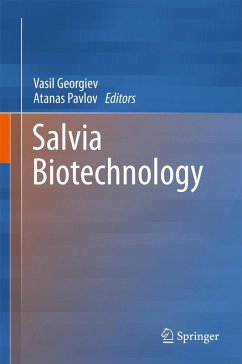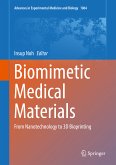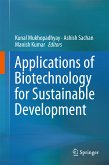However, the growing demand has led to overexploitation of natural habitats and in the last few years many wild growing Salvia species have shrunk or fallen under threat. Obviously, to deal with that problem and to prevent ecological crisis, there is an urgent need for alternative, renewable sources of Salvia biomass. Plant biotechnology can provide a wide range of tools for development of economically feasible continuous production of standardized valuable phytochemicals. Plant in vitro culture technology is a powerful method for continuous production of plant secondary metabolites under controlled conditions, recently adapted to various Salvia species. Salvia in vitro systems are harmless to natural plant populations and can be grown independently of environmental factors, geographical latitude, climatic change, and seasonal variations. Several bioactive metabolites from rare and endangered Salvia plants can be produced by employing different plant in vitro systems. However, the researches on development of large scale biotechnology, based on Salvia in vitro systems, are still in early stages and many points still have to be addressed before the commercialization to take place.
In this book we intend to summarize the recent achievements in research with Salvia in vitro systems as biological matrixes for the production of pharmaceutically important secondary metabolites. Further we invited leading experts to present their recent studies on phytochemistry, ethnobotanical and ethnophamacological aspects of genus Salvia. Safety and legal issues related to implementation of Salvia plants and in vitro cultures extracts in foods, cosmetics and pharmaceutical products will be discussed as well.
Dieser Download kann aus rechtlichen Gründen nur mit Rechnungsadresse in A, B, BG, CY, CZ, D, DK, EW, E, FIN, F, GR, HR, H, IRL, I, LT, L, LR, M, NL, PL, P, R, S, SLO, SK ausgeliefert werden.









